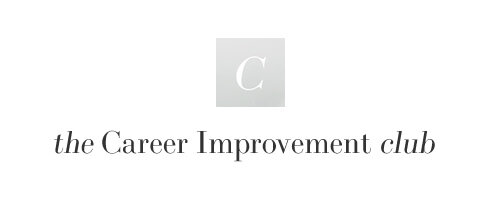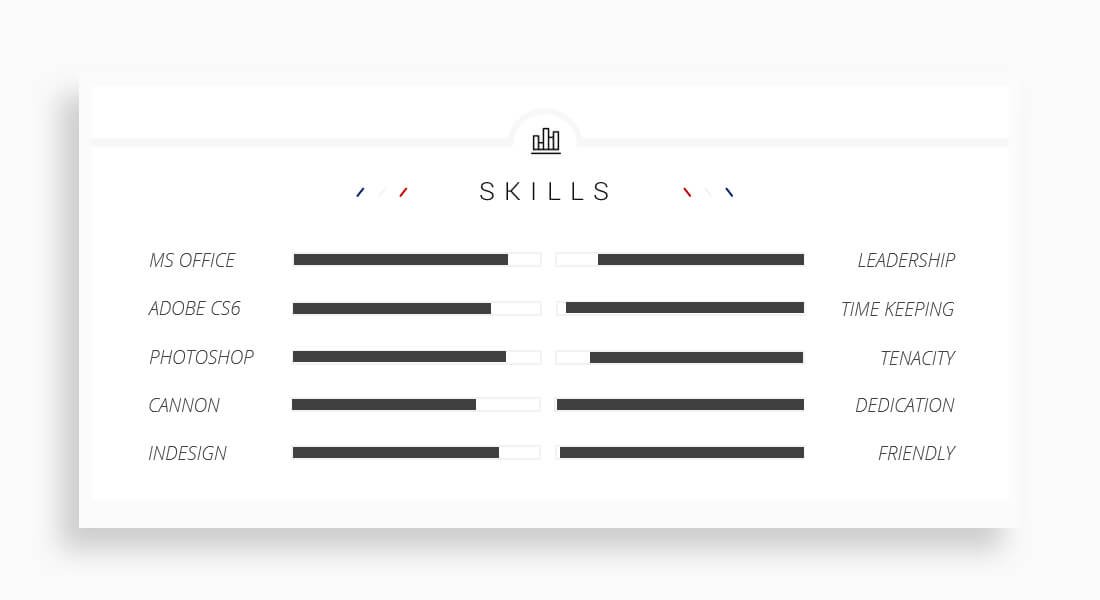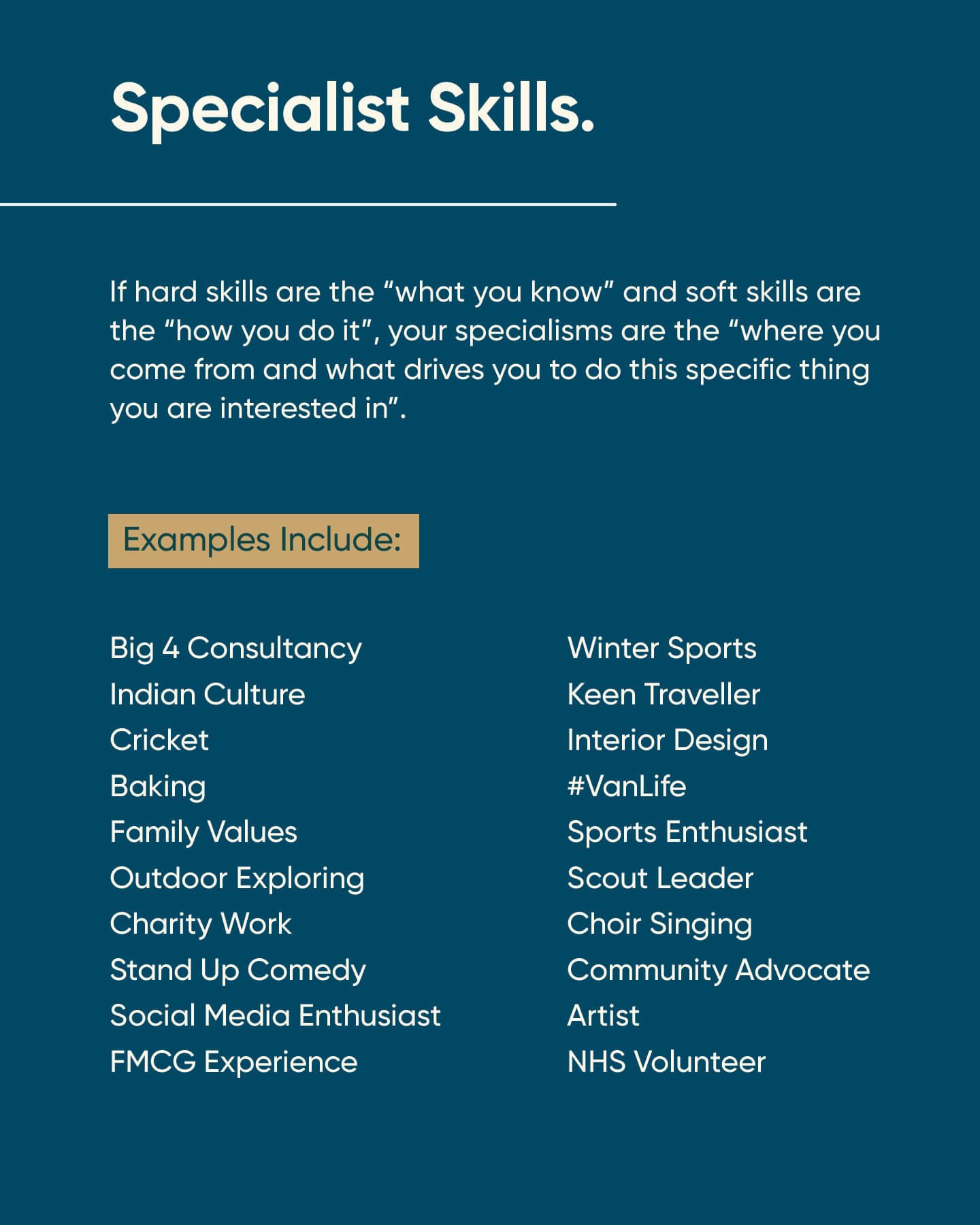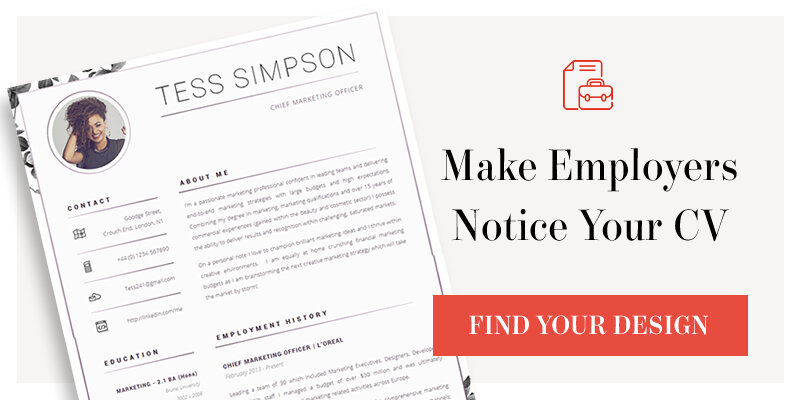Entering the job market at the moment is potentially one of the most stressful or worry-inducing prospects for many of us. The year 2020 was without a doubt the most challenging one for the vast majority of people on this planet, and we are now feeling the results of months of lockdowns and shut-down economies. Nevertheless, there is hope! We have also had months to perfect our skillset and to take up new courses or find an interest in a different niche. Now, it’s time to put these down to an attention-grabbing CV that’ll make you any company’s top choice.
Skills for a CV…
A CV should include three types of skills: hard skills, soft skills, and specialisms. Carefully considering what skills to include on your CV when applying for any job can be mind-boggling, so, this article provides some tips on how to list skills on a resume.
Starting Out With a Bang: Hard Skills
Hard skills for your resume are the skills that you either have, or you don’t. These skills are quantifiable and acquired through formal education, training programs and on-the-job experience. Such skills will typically relate to technologies, tasks, methodologies, and more. For example, this may include software testing, Google Analytics, Slack, computer programming, content marketing, Mailchimp, AutoCAD, Sage, MS Office, your typing speed, a qualification or degree, a foreign language, and so on.
Hard skills make you stand out from the crowd because you have acquired them through training and experience, graft! They are also innate, for example, you can be born a great organiser, but you cannot be born with the ability to code JavaScript.
Hard skills are the skills you either have, or you don’t. These skills are quantifiable and acquired through formal education, training programs and on-the-job training. If you have computer skills or technical skills that you want to include on a CV, the Hard Skills section is the place to do this.
Let’s Get Deep: Soft Skills
The next set of skills that you will want to include in your CV are soft skills (also referred to as personal skills). These skills aren’t as less obvious than hard skills, but are rather a “read between the lines” kind of set of skills. For example, the skills should be summing up your character traits and should provide an overview of who you are as a person.
Are you empathetic?
Are you a good leader?
Do you have a passion for a certain field?
Are you a great communicator?
Do you pride yourself on your time management abilities?
Are you a very empathetic person?
Soft skills, unlike hard skills, cannot be easily learned through a course or training programme. Instead, these are skills that are directly related to internal emotions. Such skills may also include drive, creativity, tenacity, ambition, attitude, diligence, teamwork, punctuality, positivity, or reliability.
Soft skills sum up your character and personality traits and provide an overview of what you are like as a person. Where hard skills can typically be learnt many soft skills relate directly to internal emotions.
Showing Soft Skills
Unlike hard skills, soft skills are relatively more difficult to show. To do this, you have a few options.
You can write how you used soft skills within specific projects or past roles. For example, you may have used Leadership skills to pull your team together to achieve a set goal. In the following CV example notice how the candidate has listed achievements using soft skills “leading a team” “managing budgets" “communication skills (reporting to the board of directors)”.
Highlight achievements and how your soft skills help you achieve your goals. Add numbers to create substance and clarity.
Another option is to summarise all soft skills at once within the personal profile section of your CV. you can then provide confirmation of your abilities within the CV itself by listing different duties like in the example above.
Here is an example of a summary which includes a diverse array of Soft Skills…
Professional Profiles / Personal Summaries offer up an excellent opportunity to explain your soft skills.
This can be exacerbated when you use numbers, for example, by saying “developed a new mentorship program which resulted in the creation of 26 mentor-mentee matches as well as a 22% reduction of costs linked to high employee turnover”. This not only shows your capacity to organise teams and projects, but also an initiative-taking ability and a creative side needed to come up with such an idea.
A final option is to just list them, in this example below you can see the candidate has included their strongest Hard and Soft skills next to each other. Not all skills are equal, therefore a bar or similar graphic representation is a nice, honest way to showcase your knowledge in each subject,
Dedicated skills section on a CV. If you want to take the more obvious approach consider listing your skills in a specific section.
Let’s Get Specific: Specialisms
Often overlooked, we finally have specialisms. These skills extend beyond the boundaries of traditional hard and soft skills, and instead, they cover areas which are unique to you and your journey. For example, this is where you can start bringing in more information based on the stories you heard while on a trip to India. Alternatively, you can share more specific information such as where you worked and what you learned.
Think about it this way: if hard skills are the “what you know” and soft skills are the “how you do it”, your specialisms are the “where you come from and what drives you to do this specific thing you are interested in”. Your specialisms can be anything specific to you, a passion, an interest or prior experience, these skills add personality to you application, support soft skills and can also directly relate to an employer.
Imagine you are a publisher for fishing magazine, to have an applicant with a keen interest in fishing, or a love for the outdoors would be considered a real positive. Your specialisms can be a real asset, a variable that you can tweak and change for each vacancy application you make.
Specialist skills examples may include:
Showing that you have gained experience at a film production agency
Charity commitments (Why you should include volunteering experience on your CV)
A love of Indian culture
A passion for galleries and art
A desire to travel
A love of motor sports
An active participation in social media
Experience gained within one or more of the Big 4 Consultancies.
Specialist skills or just specialisms are often overlooked, but can make a powerful impact when used in conjunction with both soft and hard skills.
What is a Skills Resume?
While we’re on the subject of skills and resumes let’s talk about the Skills Resume. This type of CV is reserved for those who want to make a big song and dance about their skills (but not necessarily their experience).
Ideal for entry level roles and those seeking a career change you want the most prominent information to be that of your skills, this will feature on the front page and above the experience (which may not be relevant - or non existent). It’s still important to list employment history (if you have it) but it won’t necessarily be the first thing an employer / recruiter sees.
Notice in the following skills resume example below how page 1 is dominated with skills and qualifications, whilst page 2 features the experience. Emphasis is given to the hard skills, soft skills and specialisms.
Final Thoughts & A Couple of Tips…
The perfect CV should be a careful balance of well written, descriptive text with easily accessible skills information. Employers need to be able to see at a glance whether your application ticks the right boxes without having to read extensively or search for information.
TIP: Using CV Mirroring Techniques to effectively tailor your CV to each job advert can make a huge difference. Targeted job applications make a significant impact to conversion ratios, it stands to reason, if you have a CV that puts an emphasis towards the relevant skills you are going to have better success.
Your CV is way more than just a list of skills, it’s a life document, one that gives a genuine representation of you as a whole, not only as a list of skills and experiences.
TIP: After completing your CV take a quick look over it, could any person be able to describe you in a few words? Are your main skills and the key points that make you stand out easy to see and pinpoint? Remember that the person hiring is going to be looking through dozens, possibly hundreds of applications. Make it easy for them by standing out with simple, clear information that is relevant and targeted (CV Layouts are more important than you think).
Now you know how to list skills on a resume go out there and give employers what they want!
//
Article Updated: 02/07/2024










